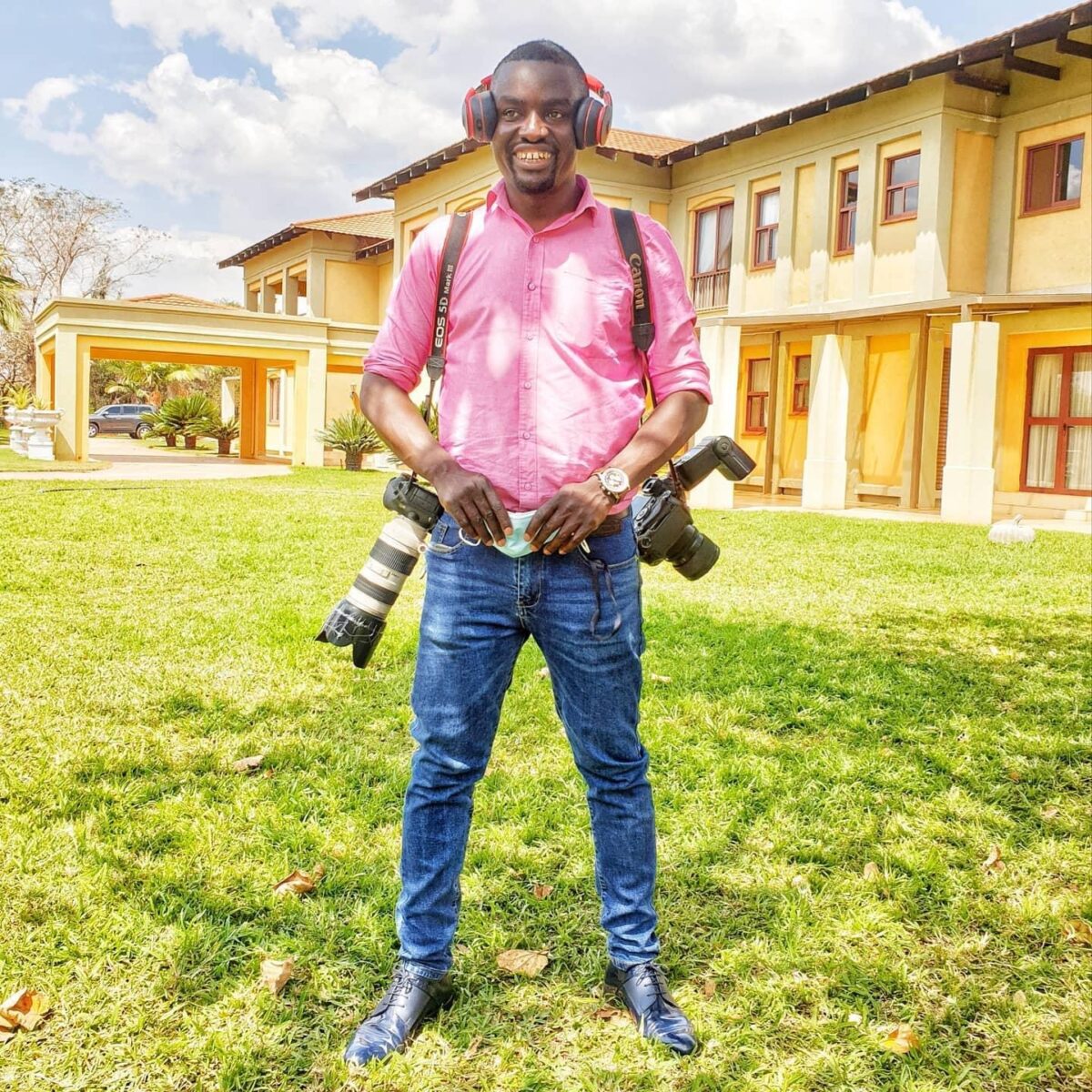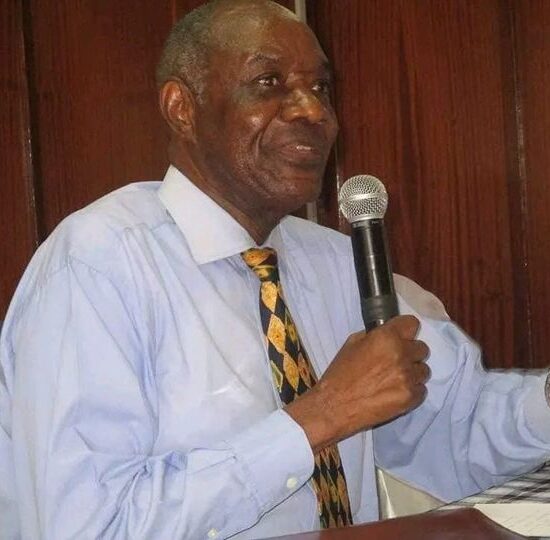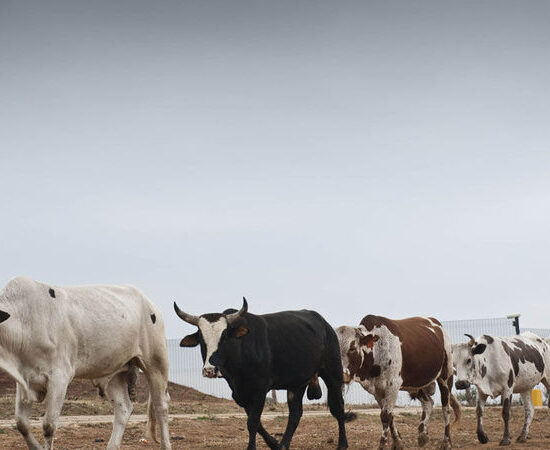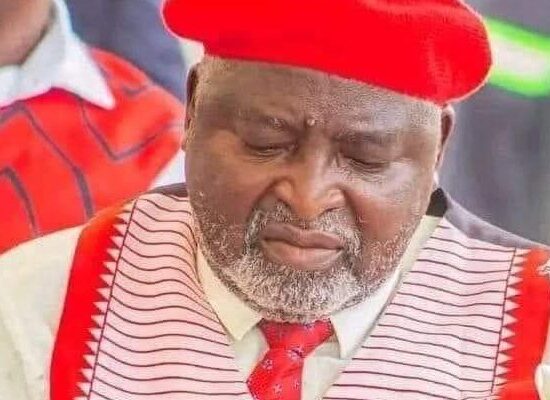
Pardoned photographer Cornelius Mulenga popularly known as Chellah Tukuta qualifies to be appointed as Statehouse official Photographer.
This follows indications that Chellah Tukuta has been left out as does not qualify for appointment into the civil service or government as official statehouse photographer following his earlier conviction in a case of criminal libel and defamation by Lusaka High Court Judge Lameck Mwale, sitting as Chief Resident Magistrate.
However, the Prisons Care and Counselling Association (PRISCCA) Executive Director Dr. Godfrey Malembeka has confirmed that ex-convicts pardoned by the President have no criminal record and are completely clean but ex-convicts who complete their sentence cannot work for the civil service, which is biased.
Malembeka further stated that there is need for the Public Service Commission Act to look at each case individually and see what an ex-convict was imprisoned for and if what an individual was sentenced for is completely different from the role they were playing at their work place, they should be reinstated.
Speaking in an interview with the Zambian Business Times – ZBT, Malembeka said according to the Police Act, once the police pick an individual’s fingerprints, they cannot easily be reinstated into public service and some countries have immigration laws that do not allow ex-convicts into the country.
“Even contesting for member of parliament is difficult but some members of parliament have been convicted before but once they are pardoned by the president, they go back to parliament, so that is why we are saying, what is the difference between a member of parliament and another Zambian”, he said.
“Security wings such as the Zambia Army cannot employ an ex-convict. If you want to own a gun for personal security, you cannot because you are an ex-convict. For example you are a journalist and you hit someone as you were driving, why shouldn’t you be reinstated”, he said.
He said when a civil servant is convicted, they can’t easily be reinstated by government after completing their sentence especially by government including the private sector which is a bit flexible but also discriminatory.
Malembeka explained that these issues need to be revisited and the association has been advocating for their reforms for the past twenty years adding that Civil Society Organisations (CSOs) and everyone working in the criminal justice system should team up and lobby for the review of such laws in order to eliminate stigma and discrimination.
He said there is need to make sure educated people leaving correctional facilities as professionals with academic qualifications such as degrees are employed by the private sector and also by the major employer, which is government.
He noted that the Zambia Correctional Service (ZCS) produces not less than 20 graduates per year from the University of Zambia (UNZA) and other private universities adding that major correctional facilities are all examination centres.
“People are saying we are going back to school and getting degrees but the biggest employer government does not employ us”, he said.
“These are professionals, Ministry of Education is conducting examinations inside, they have declared major correctional centres as examination centers, so that contradicts one arm of the government which is emphasizing the correctional model and then the security arm is saying no, we cannot still embrace you and yet we are under the new paradigm shift”, he said.
He mentioned that the association has been calling on government to consider revising the laws and is hopeful that the new government will consider, as that will empower ex-convicts who are leaving correctional facilities with skills and academic qualifications.
Chellah Tukuta was among the sixty (60) people that were pardoned by former President Edgar Lungu as he was exiting office, in what was seen as a deal cut between the outgoing and incoming president as the list had people seen to have been aligned to both the incoming [UPND] and outgoing [PF] political parties.








